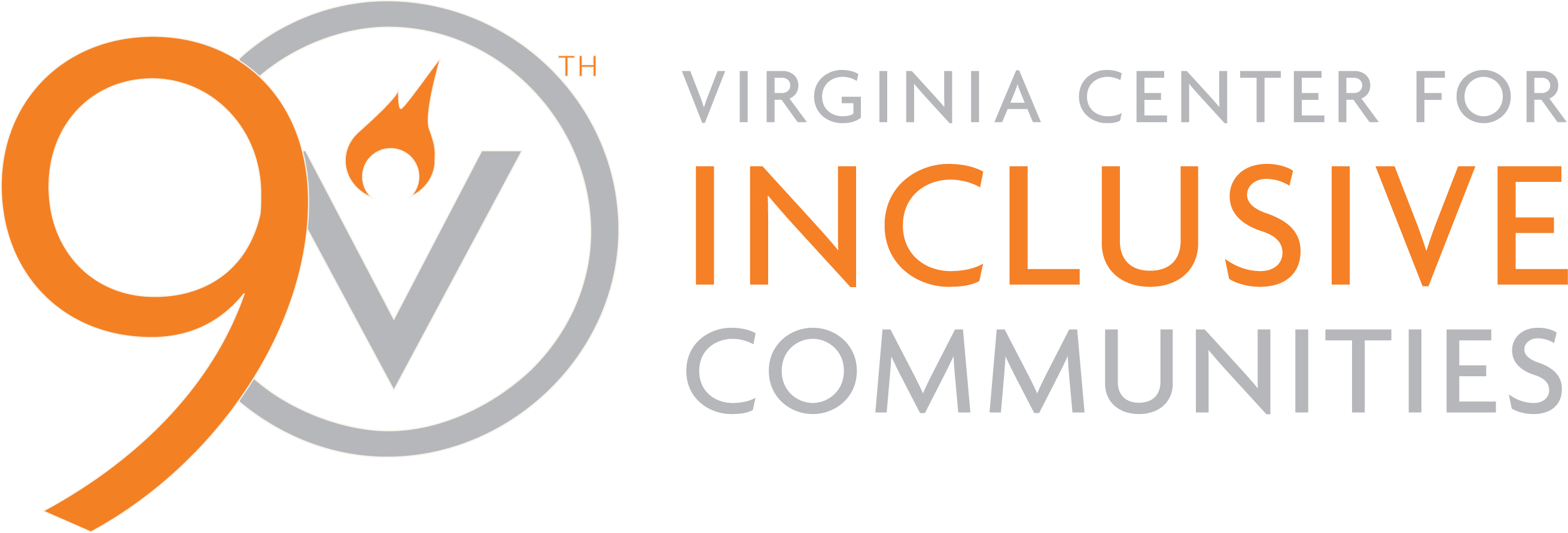Teaching Resources – Anniversary of 9-11
As we approach the anniversary of the September 11, 2001 terrorist attack, it is important to be thoughtful about how to responsibly explore this day with students. The events can be frightening and traumatic, and should be introduced with sensitivity in age-appropriate ways. It is also critical to ensure that lessons and conversations about 9/11 do not marginalize or target students who are Muslim, Arab, or South Asian.
The Virginia Center for Inclusive Communities shares these “Tips for Teaching Lesson Plans on September 11, 2001” from the Council on American-Islamic Relations:
-
- Alert students a few days in advance of the 9/11 lesson plan so that families have time to prepare their children for the discussion.
-
- Only use external instructional materials – such as photographs, documentaries, etc. – from vetted, reliable, mainstream sources such a museums and major media outlets.
-
- Vet all materials, including internal materials such as textbooks, to ensure that they do not include inaccurate information or inflammatory content.
-
- Immediately respond to any incidents of bullying or harassment that occur in the classroom during the lesson plan.
-
- Refrain from asking students to engage in educational activities that stimulate the roles of perpetrators, targets, or bystanders.
-
- Do not single out and prompt Muslim students – or students perceived to be Muslim – to comment on the attacks.
-
- Avoid using language that validates the claims of the 9/11 attackers by associating their acts of mass murder with Islam and Muslims. For example, avoid using inaccurate and inflammatory terms such as “Islamic terrorists,” “jihadists,” or “radical Islamic terrorists.”
-
- Include information about the Muslim responses to the 9/11 attacks, such as the widespread condemnations of the attacks by American Muslims leaders, international expressions of solidarity with America from Muslim-majority nations, the American Muslim leaders who joined President Bush at Washington, DC’s oldest mosque to condemn the attacks, and boxer Muhammad Ali participating in a nationally televised fundraiser for families of 9/11 victims alongside actor Will Smith.
-
- When discussing the aftermath of the 9/11 attacks – the invasion of Afghanistan, the Iraq War, Guantanamo Bay, etc. – also include discussion of the bigotry and hate crimes that impacted Sikh Americans, Muslim Americans, Arab Americans and other minorities in the days, months and years after the attack.
VCIC has compiled the following lessons and resources to support educators in planning for if and how they will explore September 11, 2001 in their classrooms:
-
-
- Bringing 9/11 in the Classroom – Useful Lessons (Learning for Justice)
- Countering Anti-Muslim & Anti-Arab Bias in School (Morningside Center for Teaching Social Responsibility)
- Growing Up Muslim in Post-9/11 America (Scholastic Scope)
- Solidarity After 9/11 (9/11 Memorial & Museum)
- Talking to Children About Terrorism (9/11 Memorial & Museum)
-
